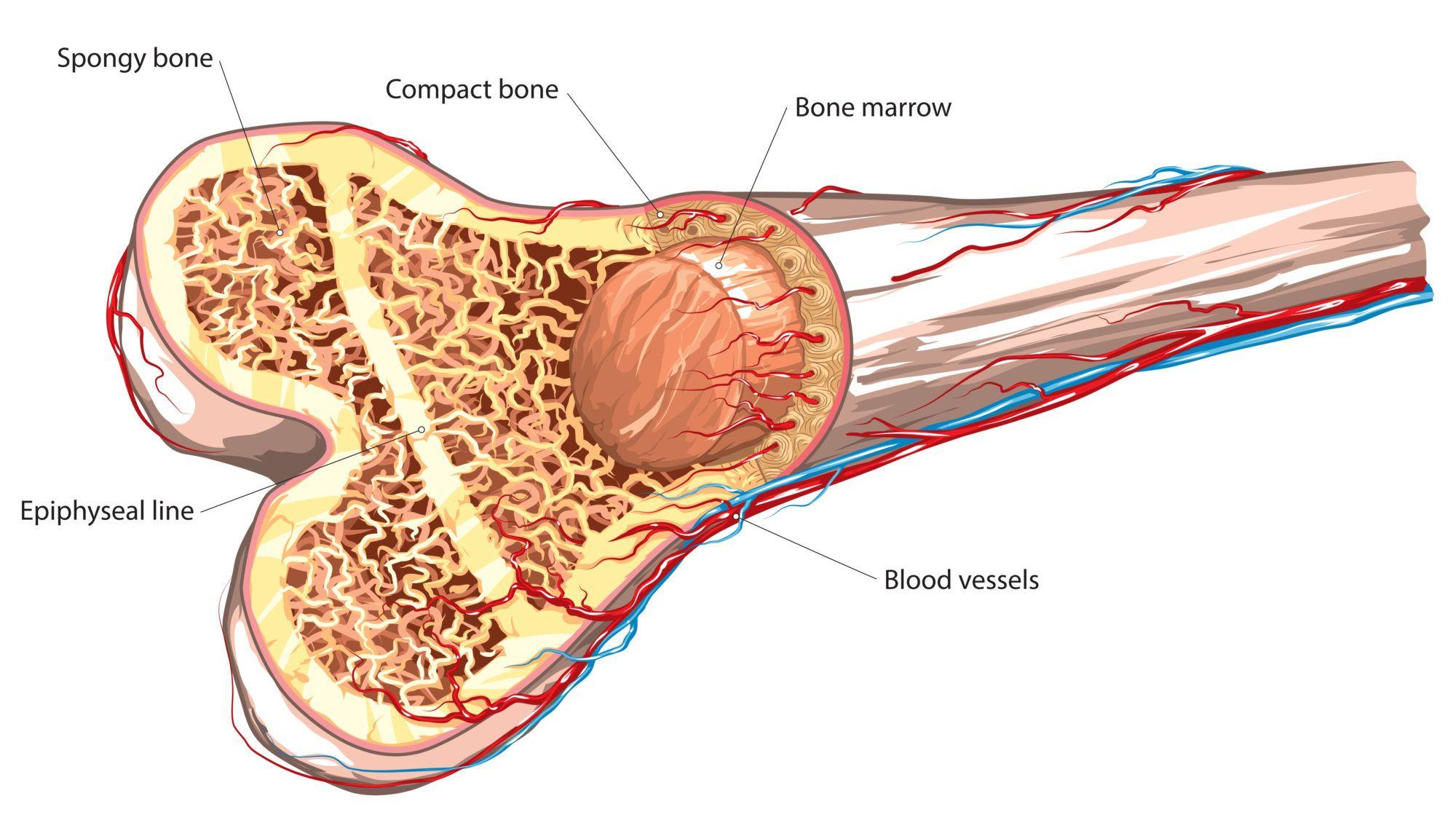The Bone Marrow Transplant Market: Blood Cancers and Beyond
Bone marrow transplants (BMTs) offer a lifeline for patients with various blood cancers and other life-threatening conditions. The Bone Marrow Transplant Market Growth and Trends Report paints an optimistic picture, highlighting advancements in technology, donor matching, and post-transplant care. Let's delve into the factors driving this market's growth and explore the evolving landscape of BMTs.
Factors Fueling Market Growth:
- Rising Cancer Rates: The increasing incidence of blood cancers like leukemia and lymphoma fuels the demand for BMTs as a potential curative option.
- Improved Donor Matching Techniques: Advancements in human leukocyte antigen (HLA) typing and the development of registries like Be The Match® facilitate finding compatible donors for a wider range of patients.
- Reduced Transplant Risks: Minimally invasive conditioning regimens and better graft-versus-host disease (GVHD) management strategies are leading to safer and more tolerable BMT procedures.
- Expansion of BMT Applications: BMTs are being explored for treating certain autoimmune diseases and genetic disorders, potentially expanding the market in the future.
The Evolving Landscape of BMTs:
The BMT market is witnessing exciting developments, shaping the future of this life-saving procedure:
- Haploidentical Transplants: Using a partially matched donor (haploidentical transplant) offers a wider pool of potential donors and reduces wait times, especially for patients with high-risk leukemia.
- Reduced-Intensity Conditioning Regimens (RIC): RIC regimens use lower doses of chemotherapy and radiation, making BMTs more feasible for older patients or those with weakened conditions.
- Cellular Therapies: Research on integrating CAR-T cell therapy with BMTs holds promise for improving response rates and reducing relapse risks in certain cancers.
A Future Focused on Precision and Accessibility
The Bone Marrow Transplant Market Growth and Trends Report anticipates continued growth driven by:
- Personalized Medicine Approaches: Tailoring BMT protocols based on genetic factors and the specific disease can improve outcomes and reduce complications.
- Global Collaboration and Cost Reduction: Efforts to increase access to BMTs in developing countries are crucial for addressing this global healthcare challenge.
- Technological Advancements: Machine learning and artificial intelligence (AI) could revolutionize donor matching and streamline transplant processes for better patient care.
The bone marrow transplant market is undergoing a transformative phase, offering renewed hope for patients battling blood cancers and other severe conditions. By staying informed about the latest advancements, patients and their families can make empowered decisions regarding BMT as a treatment option.
Leading Players in the Bone Marrow Transplant Market:
The bone marrow transplant market is a dynamic landscape with established pharmaceutical companies, biotechnology firms, and research institutions driving innovation:
- Lonza (Switzerland): A leading provider of contract development and manufacturing services (CDMO) for cell and gene therapies, Lonza plays a crucial role in the production of CAR-T cells, a rapidly growing field with potential implications for BMTs as combination therapies are explored.
- Merck KGaA (Germany): Merck is a major player in the BMT market, offering Graft versus Host Disease (GVHD) prophylaxis medications like Prograf® (tacrolimus). They are also actively involved in research on novel GVHD therapies to further improve BMT outcomes.
- Sanofi (France): Sanofi is exploring the potential of hematopoietic stem cell (HSC) gene editing for treating blood diseases like sickle cell anemia. This innovative approach could revolutionize BMT by enabling the use of a patient's own genetically modified stem cells, potentially reducing reliance on donor matching.
Recent Technological Advancements and Investments:
Several companies are actively investing in advancements that improve BMT success rates, reduce complications, and expand treatment accessibility:
- AllCells (U.S.): AllCells is developing a universal donor stem cell platform using umbilical cord blood. This technology holds promise for overcoming donor matching challenges and making BMTs more readily available.
- STEMCELL Technologies Inc. (Canada): STEMCELL Technologies is a leader in developing and supplying specialized cell culture media and reagents critical for BMT research and clinical applications. Their ongoing innovation ensures the availability of high-quality tools for BMT procedures.
- Beike Biotechnology Co. Ltd. (China): Beike Biotechnology is a leading player in the Chinese BMT market, offering a variety of BMT-related products and services. They are also actively involved in research on improving BMT accessibility and affordability in China, a region with a growing demand for this treatment.
CAR-T Cell Therapy vs. Bone Marrow Transplant: Understanding the Treatment Landscape
Bone marrow transplants (BMTs) have long been a mainstay treatment for various blood cancers. However, the emergence of CAR-T cell therapy has introduced a new player in the field. Understanding the differences between CAR-T cell therapy and BMT is crucial for patients navigating treatment options.
Bone Marrow Transplants (BMTs):
BMTs involve replacing a patient's diseased bone marrow with healthy stem cells from a matched donor. These stem cells can grow into mature blood cells, restoring a patient's immune system and blood production.
Pros:
- Potentially curative for some cancers.
- Offers a long-term, durable response.
- Can be used for a wider range of blood cancers.
Cons:
- Finding a fully matched donor can be challenging.
- The procedure is intensive, requiring hospitalization and lengthy recovery.
- Risk of serious complications like GVHD.
CAR-T Cell Therapy:
CAR-T cell therapy involves genetically modifying a patient's T cells to recognize and attack cancer cells. These modified T cells are then reintroduced into the patient's body to fight the cancer.
Pros:
- Highly targeted therapy with potentially rapid response.
- Less intensive than BMT in some cases.
- May be an option for patients who are not eligible for BMT.
Cons:
- Still a relatively new treatment with long-term effects being studied.
- High cost of treatment.
- Risk of severe side effects like cytokine release syndrome (CRS) and CAR-T cell-related encephalopathy syndrome (CRTES).
For more information visit at MarketResearchFuture
Other Trending Reports

